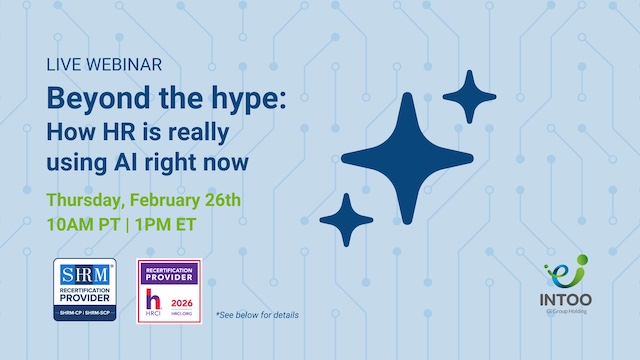What Is a Payroll Deduction?
A payroll deduction refers to the automatic withholding or subtraction of a specific amount of money from an employee’s gross salary to cover various expenses or contributions, such as taxes, insurance premiums, retirement savings, or other agreed-upon deductions. This systematic process is typically facilitated by employers during each pay cycle, ensuring compliance with legal obligations and fulfilling financial commitments specified in employment contracts or benefit agreements. Payroll deductions are crucial in accurately reflecting an employee’s net pay by accounting for mandatory and voluntary financial obligations, contributing to transparent and organized financial management within the employer-employee relationship.
Are Payroll Deductions Mandatory?
Certain payroll deductions are mandatory. These typically include statutory contributions such as income tax, Social Security, and Medicare payments. These deductions are required by law, and employers are obligated to withhold and remit these amounts on behalf of employees. Additionally, court-ordered obligations like child support or wage garnishments may also lead to mandatory deductions. These withholdings are essential for ensuring compliance with legal requirements and meeting the financial obligations stipulated by government regulations or court orders.
Which Payroll Deductions Are Voluntary?
There are a range of voluntary payroll deductions that employees can elect to have withheld from their paychecks.
Some of the most popular voluntary deductions involve health insurance premiums. Employees can enroll in various medical, dental, and vision plans, which require contributing deduction amounts each pay period to pay for the selected coverage. Similar voluntary benefits could include accident, disability, or life insurance plans.
Additionally, retirement savings contributions to 401k or 403b accounts are optional deductions. The worker elects a percentage or dollar amount to be set aside from each check. If part of a union, dues payments are voluntary deductions as well. Some companies also offer employee savings plans, stock purchase programs, or the ability to donate to charity, which require elective deductions once signed up.




